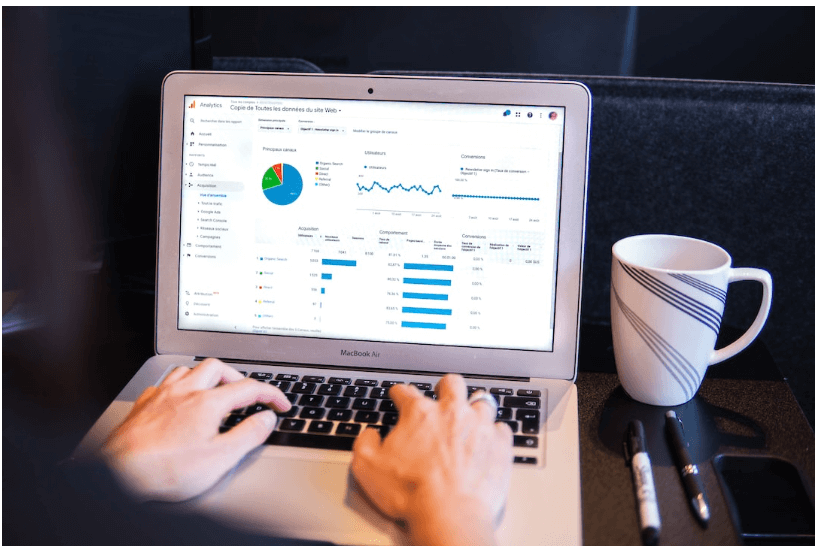There is no doubt that data is an important part of any business. Processing that data effectively can be the difference between success and failure. Data is necessary for making informed decisions by providing a factual foundation on which to make decisions about products, services, marketing, and so on. Data also allows businesses to measure the effectiveness of their decisions and strategies. Get insights into what customers want, need, and prefer to understand them better and fine-tune marketing strategies. Data is also necessary for understanding competition. By analyzing the competition, businesses can see what strategies and products are working well and then adapt their own strategies accordingly.
Ultimately, processing data effectively is essential for any business. It allows businesses to make informed decisions, understand their customers and competition, and track their own performance. By doing so, businesses can continue to grow and succeed.
Table of Contents
What is the definition of a data analysis platform?
Understand the benefits of analytics by first understanding what is a data analysis platform. A data analysis platform is a software application that allows users to analyze data and make decisions based on that data. It can be used to track customer behavior, analyze website traffic, or measure the results of marketing campaigns. The platform allows users to input data, run analysis on that data, and create reports or graphs to illustrate the data. The platform may also include features to help users make decisions, such as a decision support system. A data analysis platform is often used by businesses to make decisions about where to allocate resources, how to improve customer service, and how to increase profits.
What are the features of a data analysis platform?
A data analysis platform is a software tool used to examine data and track trends. It allows users to examine data sets and create reports and graphs. Some data analysis platforms also allow users to conduct sophisticated statistical analyses. The features of a data analysis platform vary, but most platforms include basic features such as the ability to filter data, create charts and graphs, and export data. More sophisticated platforms may include features such as the ability to conduct statistical analyses, create models, and import data from other software tools.
How do I choose a data analysis platform?
A data analysis platform is a software application that enables users to access, explore, and analyze data. Data analysis platforms can be used to examine data sets of all sizes, from a few rows to millions of rows. They can also be used to analyze data in all formats, including text, tables, and graphs.
When choosing a data analysis platform, it is important to consider the needs of the user. There are a variety of data analysis platforms on the market, each with its own strengths and weaknesses. The size and complexity of the data set are important considerations. Some platforms are better suited for small data sets, while others are designed for large, complex data sets. The user’s level of expertise is also important. Some platforms are more user-friendly than others, and some platforms are designed for experts who are familiar with specific analysis methods.
What are the benefits of using a data analysis platform?

The benefits of a data analysis platform are numerous and often depend on the specific needs of the organization. Enjoy increased efficiency, improved decision-making, enhanced collaboration, and greater insights when you rely on data analysis software. Overall, different analytic capabilities will help you scale and improve your business.
A data analysis platform can help users quickly and easily find the data they need, which can boost efficiency and productivity. Save time and money by cutting out the busy work thanks to data integration connectors. By providing users with access to data-driven insights, a data analysis platform can also help organizations make better decisions. Help your organizations to better collaborate by providing a centralized platform where users can share data and insights. Finally, the use of data analytics can help organizations to gain a greater understanding of their data, which can lead to better decision-making.
